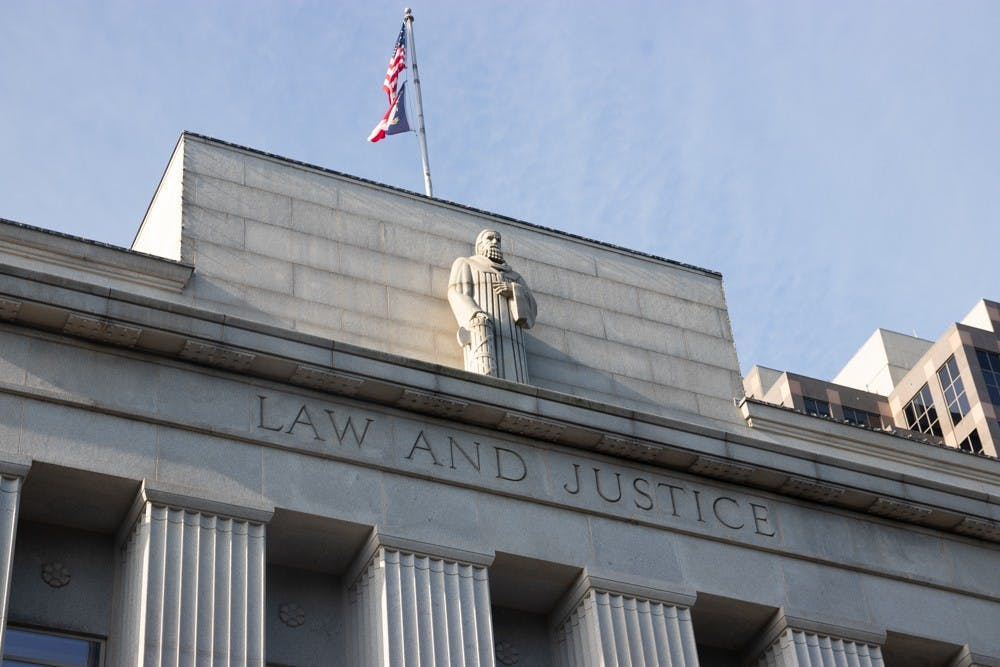For the second time, Marcus Reymond Robinson has been taken off death row.
The N.C. Supreme Court ruled on Aug. 14 that Robinson must be removed from death row, citing double jeopardy as a result of the repeal of the state's Racial Justice Act.
The Racial Justice Act was passed in 2009 and stated that in North Carolina no person could be executed by the state based on a trial significantly impacted by the defendant’s race. Robinson was one of 140 inmates who used the act to appeal their death sentences between 2009 and 2013.
He was the first whose sentence was changed from execution to a life sentence without parole, said David Weiss, a lawyer who previously represented Robinson. Following the repeal of the Racial Justice Act in 2013, Robinson’s sentence was changed back to execution until Aug. 14, when the courts ruled that he could not be sentenced to death twice as that would be a violation of double jeopardy.
Theodore Shaw, professor of law and director of the Center for Civil Rights at UNC, said that the act was passed during a progressive era of the North Carolina Legislature. He said it was quickly repealed once the legislature became more conservative, which created uncertainty for the inmates who appealed their cases under the act.
“And then the question was what happened to the people who were granted the relief of being taken off death row because their convictions or death penalties had been polluted by racial discrimination. Could they be put on death row again?” Shaw said.
Cassandra Stubbs, Robinson's lawyer and the Director of the Capital Punishment Project of the ACLU, successfully argued on Friday that putting Robinson back on death row was illegal. Robinson's case provided precedent for three other cases of individuals who were put onto death row twice due to the Racial Justice Act repeal.
The ruling referenced a case in June that said all individuals who appealed their executions based on the racial justice act were owed a day in court regardless of the repeal. These two cases open the door for changes in the sentences of inmates currently on death row.
Weiss said Robinson’s case is just one sign of a much larger systemic problem.



